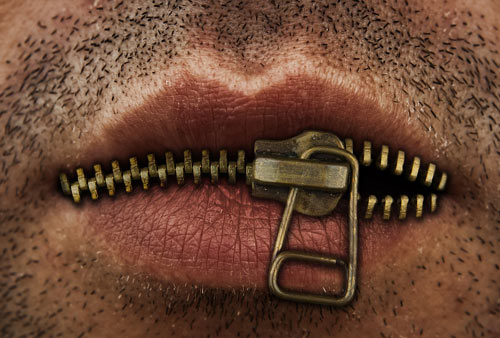
A pair of licensed marriage and family therapists, along with a Christian ministry organization, sued the city of Tampa over an ordinance adopted in April 2017 that barred mental health professionals from subjecting minors to conversion therapy, a highly controversial practice that attempts to change a person's sexual orientation or gender identity.
The therapists, represented by conservative Christian legal advocacy group Liberty Counsel, argued the ordinance was unconstitutional because it prohibited them from taking part in "speech" through their counseling, simply because city officials disagree with the content of that speech.
Amanda Arnold Sansone, a U.S. magistrate judge in Tampa, argued in an opinion Wednesday that the plaintiffs, Robert Vazzo, David Pickup and the New Hearts Outreach, sufficiently demonstrated a likelihood of success with their arguments that the ordinance violates their free-speech rights. The judge also said the city presented no evidence of minors being harmed by conversion therapy counseling within city limits.
Arnold Sansone recommended a limited injunction against enforcing the ban on "non-coercive" sexual orientation conversion efforts that consist entirely of "talk therapy." Under her recommendation, conversion-therapy techniques that are "aversive," such as electroshock therapy, should still be banned. Her report will now be sent to a federal district judge, who will issue a ruling.
The magistrate judge's opinion, constitutional law experts say, is unusual because it runs contrary to two other circuit court opinions that have upheld conversion-therapy bans in both California and New Jersey. Her position, which contradicts other decisions in those similar cases, implies that speech from medical professionals should fall under the same First Amendment protections as any other speech.
"The problem usually is that . . . licensed professionals can't just say anything they want," said Claudia Haupt, an associate law professor at Northeastern University School of Law. "If you're acting in your professional capacity, there are consequences to giving bad advice, so speech can be sanctioned." A prime example of those consequences? Medical malpractice, Haupt said.
Conversion therapy has been condemned by dozens of mental health, medical and LGBT rights groups. A task force from the American Psychological Association concluded that efforts to change sexual orientation are harmful and unlikely to be successful. Since California passed the first ban on conversion therapy for minors in 2012, 14 other states and the District of Columbia have also barred the practice.
The Supreme Court has twice upheld California's 2012 ban on conversion therapy on minors. But a recent Supreme Court ruling, which Arnold Sansone cited in her opinion, has given renewed hope to some conservative advocacy groups seeking to overturn bans on conversion therapy.
In National Institute of Family & Life Advocates v. Becerra, a divided Supreme Court in June of last year ruled that crisis pregnancy centers, which aim to persuade women to continue their pregnancies, cannot be required to tell their patients about the availability of state-offered services, including abortion.
The crisis pregnancy centers had argued that a California law violated their First Amendment free-speech rights, and in a 5-to-4 decision, the Supreme Court agreed. Justice Clarence Thomas wrote that speech "is not unprotected merely because it is uttered by professionals." In a concurring opinion, Justice Anthony Kennedy wrote the law was "a paradigmatic example of the serious threat presented when government seeks to impose its own message in the place of individual speech, thought, and expression."
The recommendation in the Tampa case provides an example of how the NIFLA ruling is working in favor of groups that support conversion therapy, constitutional law experts say.
"Now it will be interesting to see whether this case in particular might be a vehicle to test the framework that NIFLA provided," Haupt said.
Steven Shiffrin, a professor of law emeritus at Cornell Law School, said the judge's ruling shows what can happen when the courts provide conflicting guidance on laws that are "content-based" - in other words, laws that apply to a particular speech because of the idea expressed, in this case, the idea that a person's sexual orientation can and should be converted.
If a district judge upholds the Tampa opinion, Shiffrin said he could foresee other judges using it to decide similar cases across the country, particularly with the number of conservative judges recently appointed by President Trump.
Mat Staver, founder and chairman of Liberty Counsel, celebrated the judge's opinion, saying in a statement that it "underscores the serious First Amendment violations of laws that dictate what a counselor and client may discuss in the privacy of their counseling session.
"The government has no business eavesdropping inside the counseling session between a counselor and client," Staver said.
(COMMENT, BELOW)
Every weekday JewishWorldReview.com publishes what many in the media and Washington consider "must-reading". Sign up for the daily JWR update. It's free. Just click here.


 Contact The Editor
Contact The Editor
 Articles By This Author
Articles By This Author